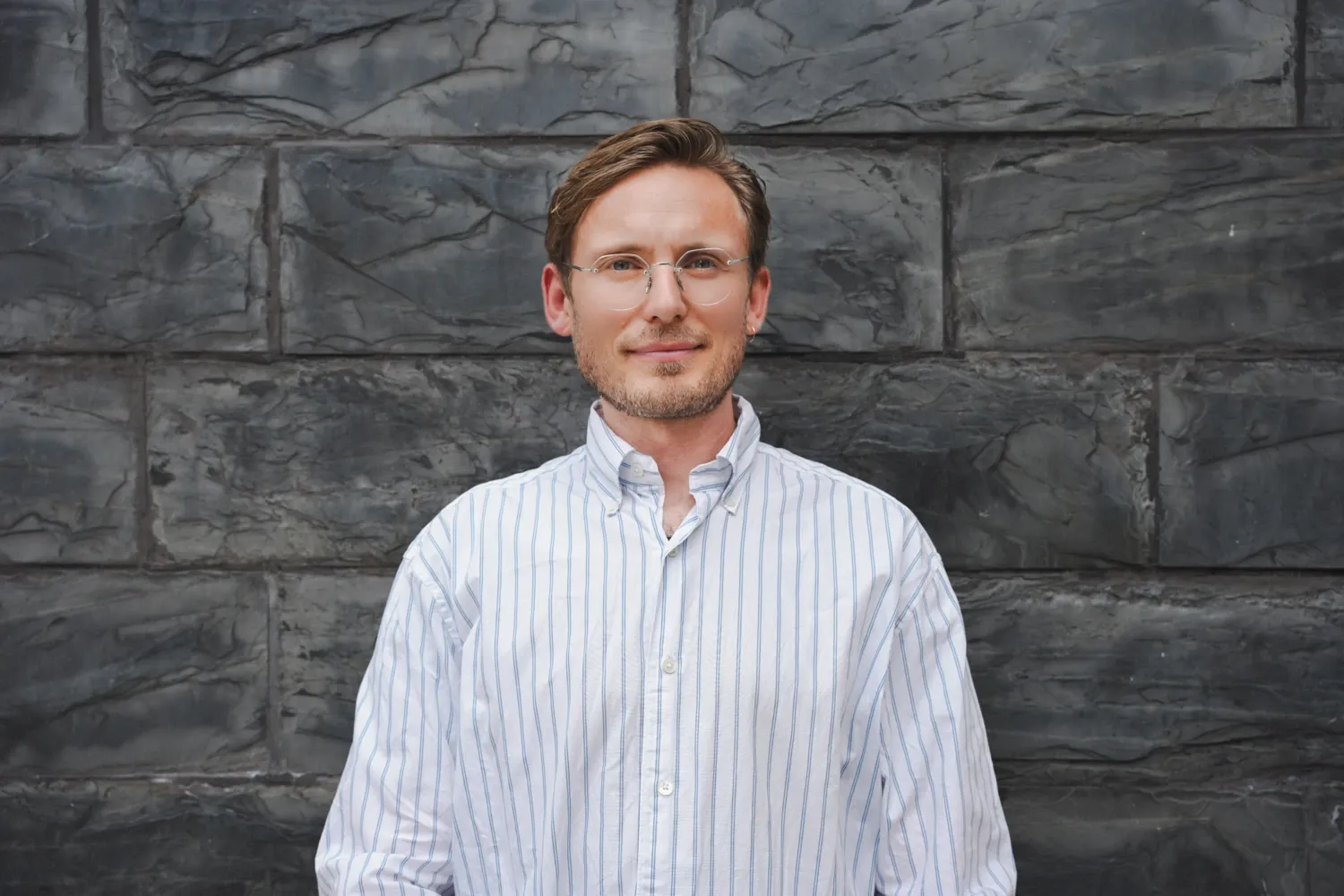A new study from Karolinska Institutet in collaboration with BUP Stockholm has conducted a pilot evaluation of a family-based cognitive behavioral therapy for adolescents with suicidal behavior. The study, published in the scientific journal BMJ Mental Health, shows that the treatment Safe Alternatives for Teens and Youths (SAFETY) may be a promising option for reducing suicide attempts.
Researchers at Karolinska Institutet have conducted a pilot study in collaboration with Child and Adolescent Psychiatry Services in Region Stockholm to evaluate a new treatment method for adolescents with suicidal behavior. The study, published in the scientific journal BMJ Mental Health, shows that the family-based cognitive behavioral therapy Safe Alternatives for Teens and Youths (SAFETY) may be feasible in a Swedish context and represents a promising treatment to offer in the acute phase following a suicide attempt.
The study included 30 adolescents aged 10-17 who had recently engaged in suicidal behavior. Participants were randomly assigned to two groups: one that received SAFETY and one that received an active control treatment in the form of supportive therapy. The treatment lasted for 12 weeks.
Satisfied with the treatment
The results show that both treatments had high adherence and that participants were satisfied with the treatment. At the follow-up three months after treatment, two participants in the SAFETY group and four in the control group had made new suicide attempts. Adolescents in both treatment groups showed reductions in self-harming behavior.

-Our results suggest that SAFETY is a feasible and promising treatment for adolescents with suicidal behavior, says Moa Karemyr, MSc, at the Department of Clinical Neuroscience at Karolinska Institutet. It is important to continue investigating this treatment method in larger studies to determine its effectiveness.
In addition to promising effects on suicide attempts and self-harming behavior, participants in the SAFETY group also experienced improvements in anxiety, depression, quality of life, and emotion regulation. These results suggest that SAFETY may have a broader positive impact on adolescents' mental health.

-This study is an important step toward developing effective treatments for adolescents with suicidal behavior, says Johan Bjureberg, PhD, at the same department, Karolinska Institutet. We hope that our findings can increase knowledge and help improve care for this vulnerable group.
The study highlights the need for further research to confirm these preliminary findings and to explore how SAFETY can be implemented in various healthcare settings. The researchers now plan to conduct a larger randomized controlled trial to further evaluate the treatment's effectiveness.
We are deeply grateful to all the families and clinicians who participated in the study and for their commitment, says Moa Karemyr.
This study marks an important advancement in research on suicidal behavior in adolescents and may contribute to improved treatment options for this vulnerable population.






